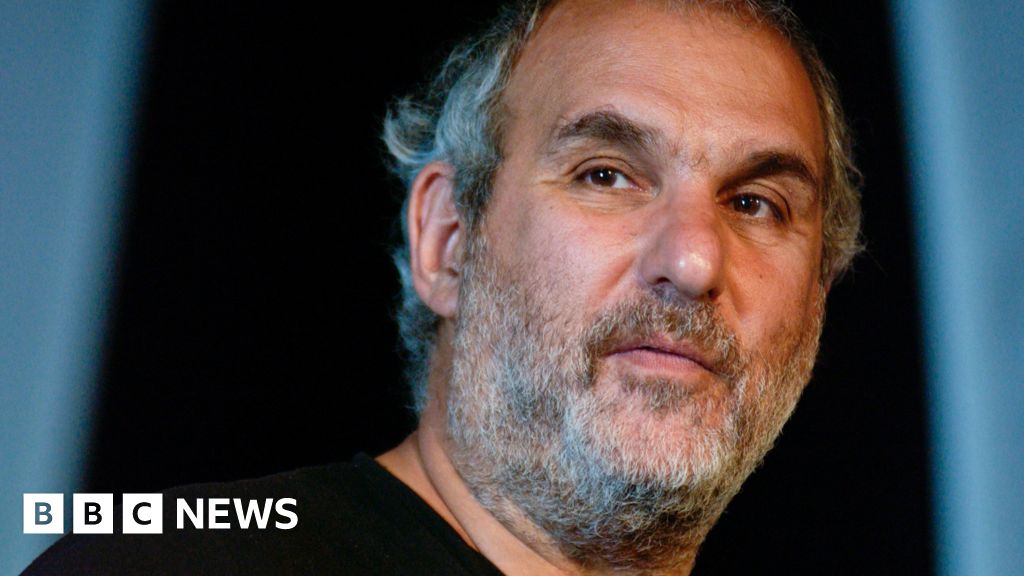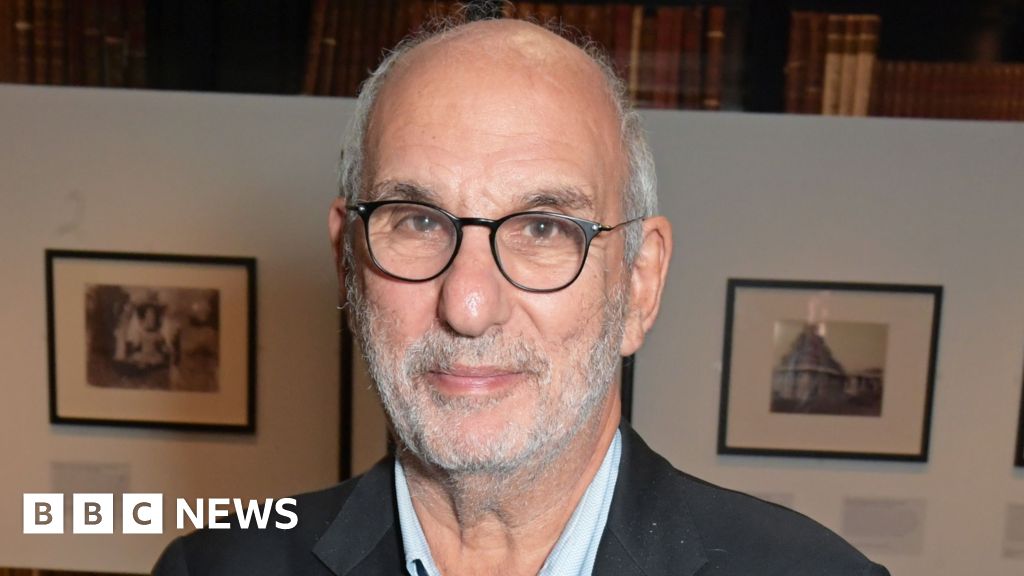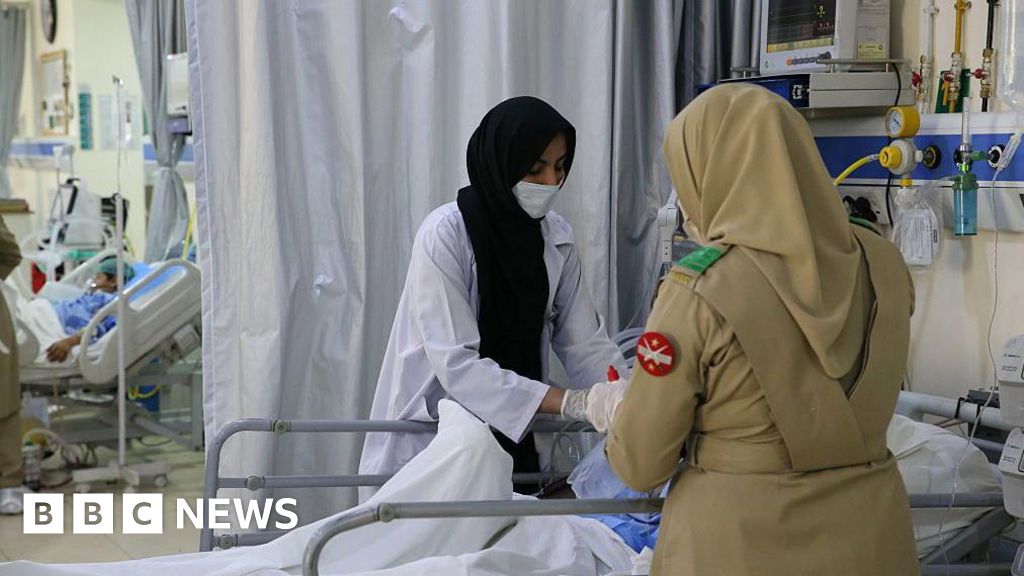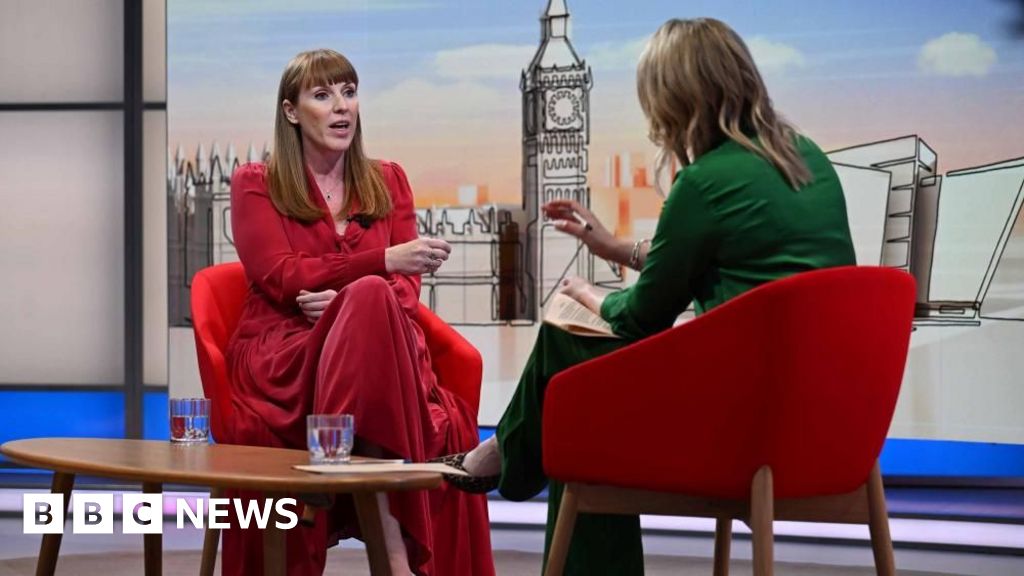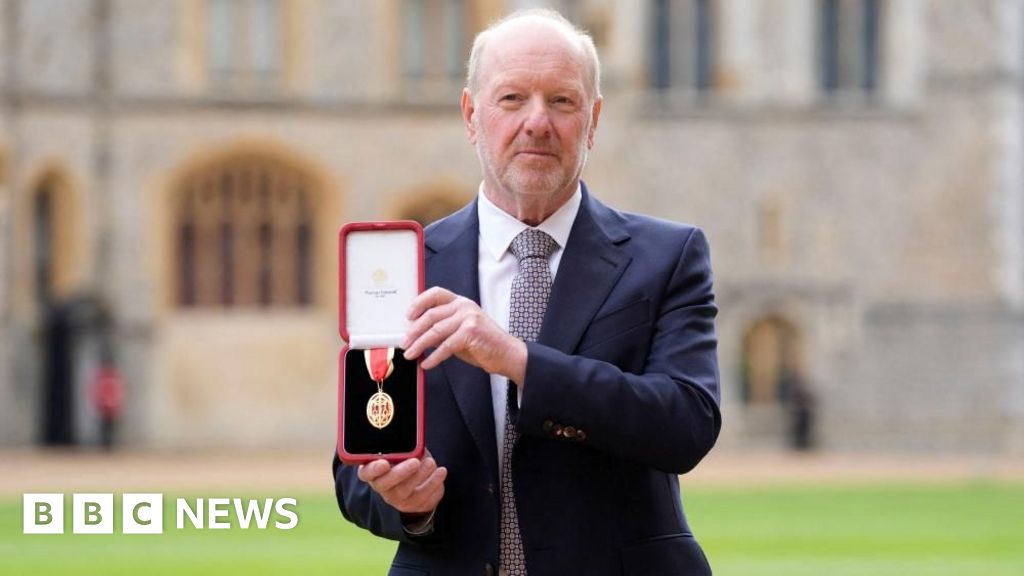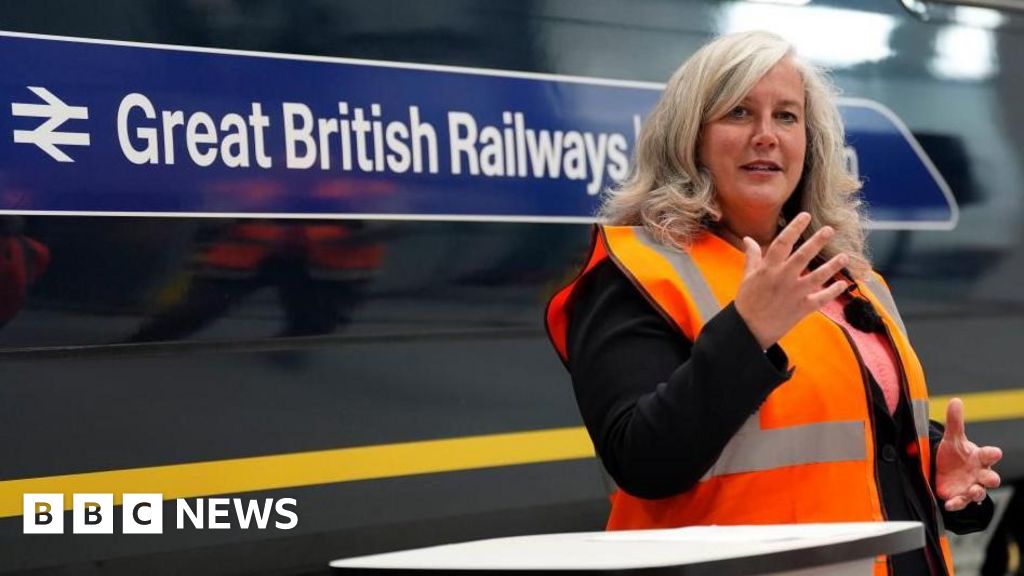
 Getty Images
Getty Images
The government ended a wave of public sector strikes last summer when it accepted, in full, the recommendations of independent public sector pay review bodies to increase the pay of teachers, nurses and others.
But ministers might be facing another headache over pay and the possibility of a fresh threat of strikes from some unions.
BBC Verify examines why this pressure over public sector pay and industrial action has re-emerged.
What are the public sector pay review bodies recommending?
In July 2024, the new Labour government accepted the recommendation of these bodies to increase public sector pay by between 4.75% and 6% for the 2024-25 financial year.
There is a new round of recommendations from these bodies every year and they traditionally deliver in the summer.
In September 2024, the government decided to speed up the process by asking for their recommendations by the spring for how much public sector pay should rise in each sector in the 2025-26 financial year.
These have not been made public yet, but reports suggest the recommendations are for more than the health and education departments have budgeted for this financial year.
In their own submissions to the pay review bodies, the health and education departments said they could only afford to increase their pay bills in England by 2.8%.
The BBC has been told that the teachers' pay review body has recommended a 4% rise and the NHS body has recommended 3%.
In the case of teachers, this would be above the latest 3.2% consumer price inflation forecast from the Office for Budget Responsibility for 2025-26.
Because education and health are devolved, the health and education departments set budgets for spending in England only. The teachers' pay review body makes recommendations for England only but the NHS pay review body covers England, Wales and Northern Ireland. Public sector pay is set through a separate process in Scotland.
Why would the teachers' pay review body recommend 4%?
The recommendation of an above-inflation pay rise for teachers is likely to be because of ongoing concerns about staff recruitment and retention in schools.
These have been raised in previous pay recommendations.
Calculations by the Institute for Fiscal Studies (IFS) show that, despite the 5.5% average cash pay rise teachers received in 2024-25, the average pay of most teachers in that year - when adjusted for inflation - was still lower than than it was back in 2010.
In the case of the most experienced teachers, pay was 9% lower than it was 15 years ago in real terms.
Official government data also shows widening gaps between the recruitment figures for teachers in specific subjects and their recruitment targets.
Just 17% of the target for secondary school physics teacher recruitment was achieved in 2023-24, down from 42% in 2019-20.
Overall teacher recruitment was 62% of the target, down from 87% in 2019-20
How much would it cost to meet these higher pay settlements?
We do not know what all the individual pay recommendations from the review bodies will be, but Verify has done some calculations that give a rough sense of the potential impact.
Overall UK public sector pay in 2023-24 was £272bn, according to the Office for National Statistics.
The previous Conservative government had budgeted for a 2% cash increase in public sector pay in 2024-25.
And last July, Labour said the cost of meeting the full 2024-25 pay recommendations would be an additional £9.4bn.
That implies that total public sector pay in 2024-25 will have been roughly £287bn, which is around a fifth of total government spending.
So, if the total bill across the public sector for 2025-26 went up by another 3% - rather than 2.8% - that would imply the government needing to find about an extra £550m.
But if it went up by 4% it would imply the need to find an extra £3.5bn.
Where would the money come from?
The government said in the 2024 Autumn Budget that it would seek to fund any pay rises above what departments have budgeted for not by raising taxes or more borrowing but by "productivity improvements".
In other words, departments would have to accommodate the additional pay rise by making cuts elsewhere in their budgets.
The government has reiterated this, with the prime minister's spokesperson telling reporters in December 2024 that: "For pay awards to go beyond inflation they will have to be met by productivity improvements."
What have the unions said?
The National Education Union (NEU), England's largest teaching union, has already said it would resist any further effective cuts to the overall education budget.
And it is demanding any pay rise for teachers be fully funded with new money.
The NEU said in April 2025 that it would vote on taking strike action if the government stuck with its 2.8% pay offer for the 2025-26 academic year.
And when the government indicated in December 2024 that it could only afford a 2.8% pay rise in the health sector in England, the British Medical Association and the Royal College of Nursing both said the figure was too low.
Why does the government not fully fund the recommended pay rise?
The government funded last year's above inflation pay increase for public sector workers by increasing employers' National Insurance contributions and Chancellor Rachel Reeves said in November that she did not want to increase taxes again this Parliament.
As for borrowing, she has left herself only £9.9bn of "headroom", or leeway, against hitting her chosen fiscal rules in 2029-30 and taking on additional debt to pay for higher public sector pay would risk being on course to breach her rules.
But analysts also warn that it will be far from easy to pay for higher pay through increased public sector productivity.
"If the pay recommendations come in higher than what departments have planned for, that will create a budgeting challenge," says Ben Zaranko of the IFS.
"If no additional funding is forthcoming, it will force ruthless prioritisation and tough choices elsewhere. Public service leaders are already being asked to find major efficiency savings, and there is a limit to what is realistic."
Additional reporting by Anthony Reuben


.png)
 3 weeks ago
27
3 weeks ago
27





